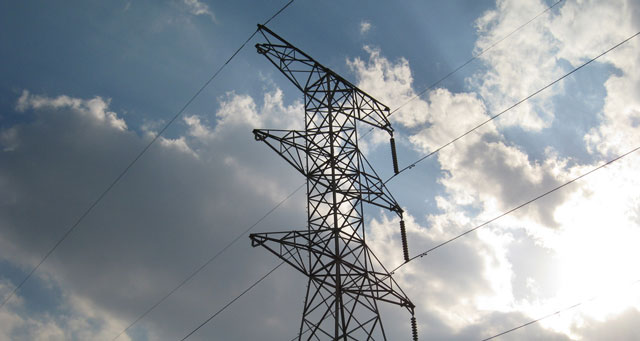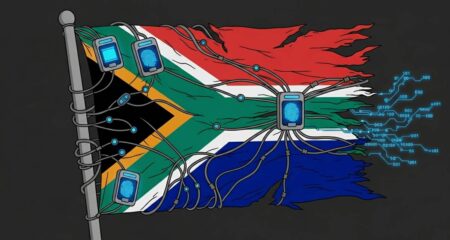
SA’s electricity shortage was stifling economic growth, the head of the Independent Power Producers’ Association said on Tuesday.
“You cannot grow your economy without new electricity,” the association’s MD, Doug Kuni, said at a Free Market Foundation media briefing in Johannesburg. Blackouts in 2007 and 2008 had cost the economy between R50bn and R119bn, he said.
These shortages also dragged down future growth as companies had not been able to expand their output. But Eskom’s current strategy was also damaging, said Kuni. The current power supply was short by 5 000MW.
“We seem to think the power crisis has passed but with the current shortage, there should be load shedding,” he said. In order to keep the lights on, Eskom had resorted to buying back electricity from large energy users such as smelters. While they received a “handsome” return for shutting down their production, it came at the expense of economic growth. Furthermore, foreign companies were deterred from investing in SA by the power shortage.
Eskom’s Medupi power station, which would add almost 5 000MW of electricity capacity, was still under construction.
It had originally been scheduled for completion in 2012, but was now expected to be complete at the end of next year. Further delays were also possible.
With such a power shortage, economic development plans were meaningless. Municipalities had to turn away developments as there was not enough power. City Power in Johannesburg had to reject developments which would have added a total of 350MW to power demand in the past year. Meanwhile, Ekurhuleni had turned down developments which would have needed 600MW of power.
Although independent companies could now generate electricity, they could not distribute power directly to consumers without Eskom, which owned the grid, he said.
In addition to the shortage of power generated, SA’s distribution infrastructure was crumbling, said Free Market Foundation spokesman Eustace Davie. This could lead to further blackouts, and would deter investment. “We’re in a serious situation,” he said.
Little maintenance had been done for several years, resulting in a backlog of about R35bn. Electricity was used by local governments to cross-subsidise other goods, he explained. In addition, a decade-long attempt to restructure distribution meant municipalities had no incentive to invest in electricity infrastructure when they might not benefit. As a result, spending on the grid itself had been neglected, he said.
“Some technical people are suggesting that in three years, if nothing is done, it could start breaking down,” he said. Davie recommended municipalities should either contract out the maintenance, or sell off the grid.
The solution was to establish an independent grid, either under government control or at least partially privatised. In this situation, electricity companies could compete with each other to offer customers the best price. — Sapa




